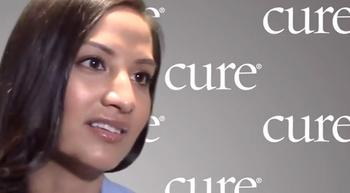
“Often you think we’re the victim, but there’s a lot that you can do to be your own advocate and participate in your healing,” says stage four metastatic breast cancer thriver Nalie Agustin.

“Often you think we’re the victim, but there’s a lot that you can do to be your own advocate and participate in your healing,” says stage four metastatic breast cancer thriver Nalie Agustin.
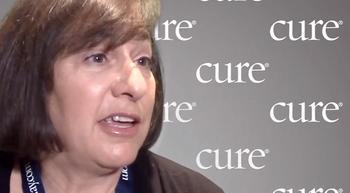
Genetic testing offers a care team a wealth of knowledge to help them craft treatments, but it also can help match patients to clinical trials for potentially better outcomes.
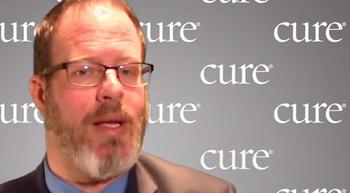
Patients faced with cancer are also faced with tough uphill financial battles, but there are assistance programs that can help.
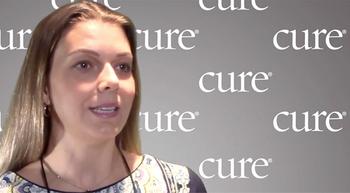
Having the right understanding and information of a patient’s genetics can not only help treat cancer but also help prevent it.

Understanding a diagnosis is not just something for a patient's care team, the patient needs to understand their diagnosis as well.
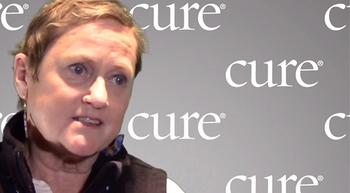
Understanding biomarkers specific to breast cancer can guide treatment plans and help families with a history of the disease take preventive measures.

As CDK 4/6 inhibitors become a bigger part of the treatment of breast cancer, CURE® sat down with clinical nurse specialist Patricia Jakel to discuss the essentials about the drug.

Don’t be worried to get a second opinion — it could save your life.

Being a patient with cancer gives you a unique perspective that can become beneficial when serving as an advocate for others.
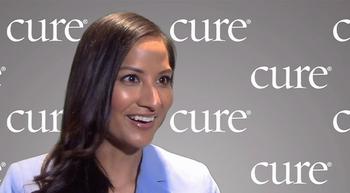
If patients take a deep breath and concentrate on the journey ahead after receiving a diagnosis, they can find a path forward, says one metastatic breast cancer thriver.

At the 37th Annual Miami Breast Cancer Conference, Dr. Valerie Lemaine discussed the signs and symptoms of BIA-ALCL, as well as how the disease is diagnosed and treated.
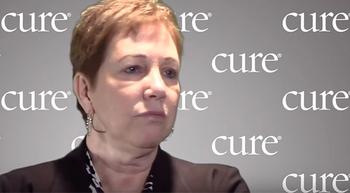
At the 2020 CURE® Educated Patient Breast Cancer Summit, oncology nurse Patricia Jakel had the chance to discuss the types of questions patients should be asking their care team.

At CURE’s Educated Patient Breast Cancer Summit, Stephanie Seban shared the ways a patient can become their own best advocate to thrive through their breast cancer journey.
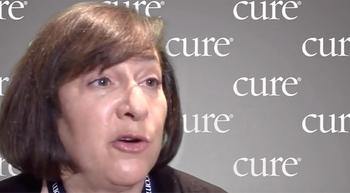
Genetic and genomic testing is vital for patients with breast cancer and not only do patients need to understand why that is, but their physicians as well.

At the 37th Annual Miami Breast Cancer Conference Dr. Jean-Bernard Durand discussed data that showed how prescribed and personalized exercise programs can improve outcomes for patients with cancer who already face a high risk of cardiovascular disease.

“A person becomes a survivor from the point they are diagnosed and for the balance of their lives,” Dr. Don S. Dizon said in a presentation at the 37th Annual Miami Breast Cancer Conference®.
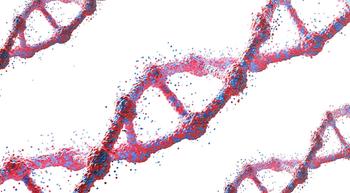
At the 37th Annual Miami Breast Cancer Conference, Dr. Kevin S. Hughes discussed genetic testing and what health care providers should be doing to identify more individuals at risk for cancer.

Xentuzumab in combination with Verzenio, with or without endocrine therapy, may be safe and effective in treating patients with solid tumors and advanced breast cancer.

Premenopausal women with HR-positive, HER2-negative advanced breast cancer experienced improved survival and quality of life with the addition of Kisqali to Zoladex and endocrine therapy to their treatment regimen.

Women who had contralateral prophylactic mastectomy reported similar breast satisfaction and quality of life, cancer-related distress and anxiety and depression scores, compared with those who did not undergo the procedure.



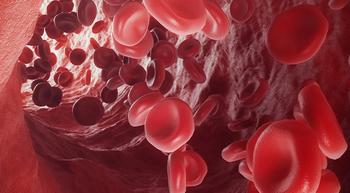
A multiple myeloma expert helps newly diagnosed patients understand the standard of care for their disease.
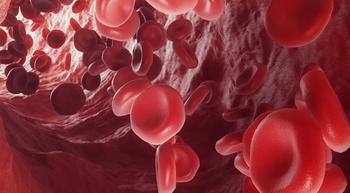
Patients with multiple myeloma have a lot to look forward to in the treatment space thanks to precision medicine, but one treatment option alone will not cure the disease.
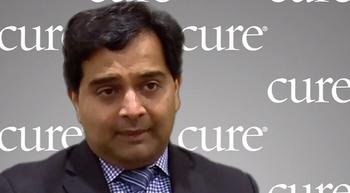
New findings show that a wider study is needed for MDM2 inhibitors in treating patients with AML.
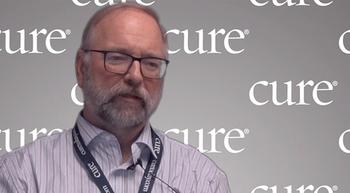
At the 2019 CURE® Educated Patient® Summit on Multiple Myeloma patient advocate and 10-year survivor Terry White had the chance to share advice on handling a cancer diagnosis.
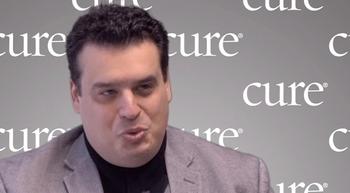
Naturally, newly diagnosed patients with multiple myeloma have a lot of questions for their physicians. Dr. Joshua Richter had the time to discuss some of them.
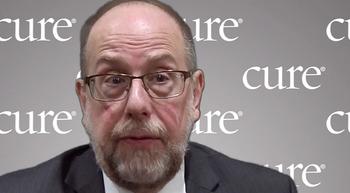
Real-world data shows that CAR-T therapy can lower costs for patients with pre-existing comorbidities outside of the clinical setting.

Patients with metastatic breast cancer who received an oral version of the chemotherapy drug experienced improved response rates and reductions in peripheral neuropathy compared to those who took the drug intravenously.